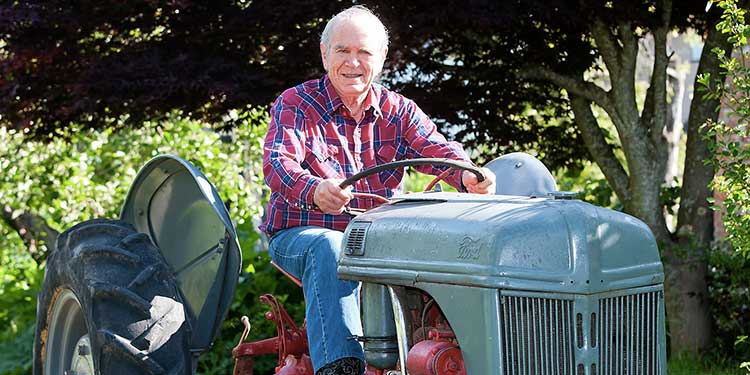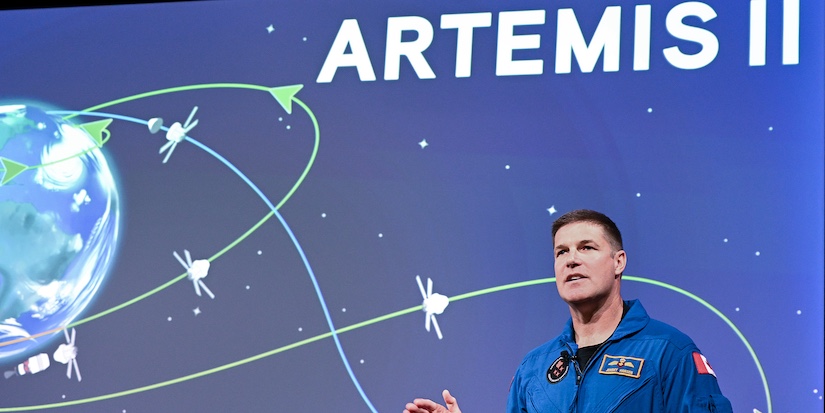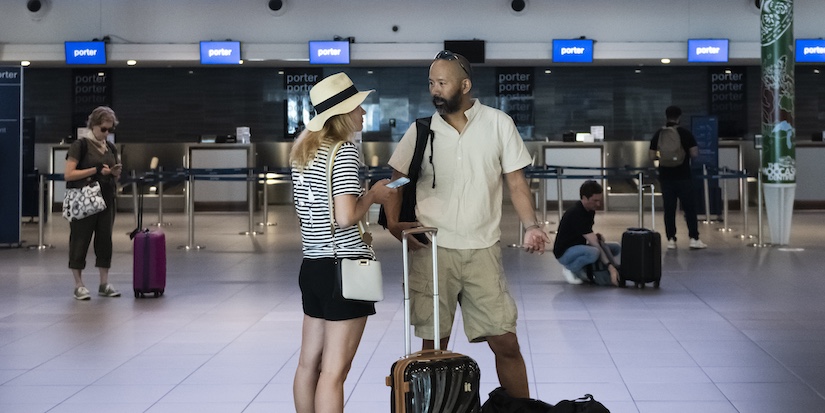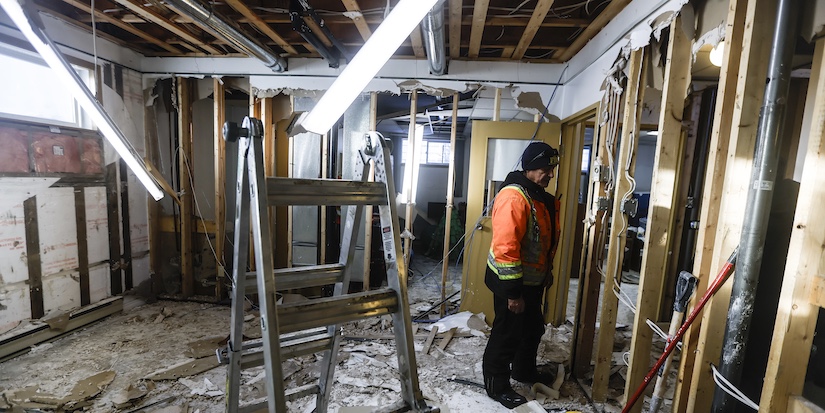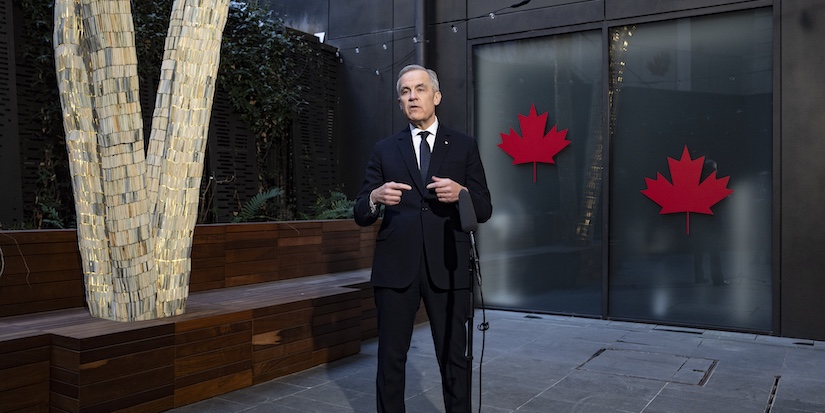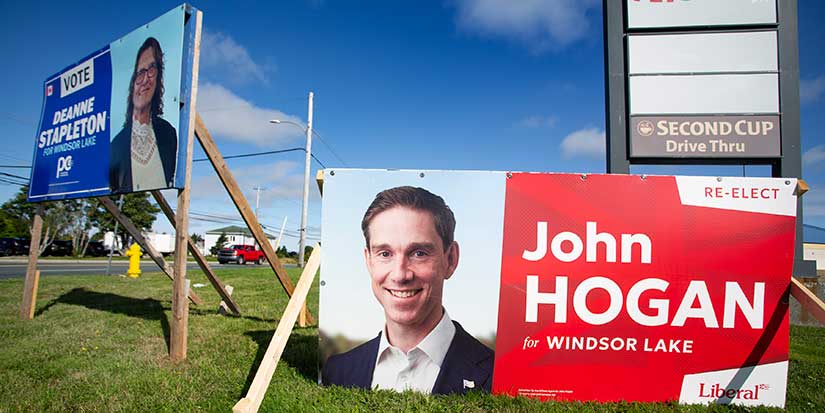Latest News
Spunky Steves carries forward family’s pioneering traits
On his 80th birthday, Harold Steves is busy
planting beans.
A historically late spring means Steves and
his wife Kathy have been busy trying to make up for lost time.
“We grow plants to raise seeds,” he explains.
“Kathy and I got involved because (local seed retailer) Buckerfield’s went out
of business. We had to start raising our own seeds.”
It’s not the first time Steves has had to
adapt. It defines his life.
Like his great-grandfather Manoah Steves, one
of the first settlers in the village named after him, Harold has persevered.
B.C.’s longest-serving politician, Steves has
been a Richmond city councillor for 47 years. True to what got him elected in
the first place, he remains as feisty as ever.
“I’m having too much fun (to pack it in),” he
laughs. “But It’s all health-related. I never say one way or the other (whether
to seek re-election) until a few weeks before an election.”
Steves says his plunge into the political
arena was very much unplanned.
“I wasn’t political at all,” he explains. “I
was going to UBC and taking agriculture. I was going to take over the (family)
farm. Then one day, in 1959, my dad came in saying we were going out of
business.”
Harold Sr., had learned that the farm had
been rezoned residential without his knowledge. This led to a desperate attempt
to save the farm and from there a lifetime in politics.
The original Steves’ farm, 400 acres in all,
was purchased by Manoah when he and wife Martha arrived in 1877, attracted by
the rich delta soil and tidal flats similar to his former farm in New
Brunswick. They also imported the first purebred Holstein dairy cattle into
B.C.
Harold was encouraged by a friend at
university to talk to the Co-operative Commonwealth Federation which later
became the New Democratic Party.
“They were basically a farm party and that’s
why I joined. To promote saving farm land. I’m still fighting that,” he said.
The dilemma also led Steves to lobby for what
would eventually become known as the Agricultural Land Reserve. Today, nearly
5,000 hectares (12,000 acres) or 39 per cent of Richmond’s land is within the
ALR.
“A friend of mine, who had a farm next to the
old Steveston High, and I went to a big farmer’s meeting at the old Brighouse
race track,” Steves recalls. “There were 200 or 300 people there. We got
(together with) a number of people in various parts of the Fraser Valley, who
were also concerned, and formed a committee.”
A few years later, Steves was able to get the
land bank proposal, which he drafted, onto the NDP convention floor. The
resolution passed.
Determined to have a policy enacted at the
government level, Steves, by then a Richmond city councillor, decided to seek a
seat as an NDP member of the legislature in 1973. He was elected, and the ALR
became reality.
As he was getting his feet wet in the
political arena, a young Steves—facing an uncertain future in farming decided
to become a school teacher. It was a career that helped support himself, Kathy,
who he met at UBC, and their five children. Ironically, all but one of the kids
wound up with careers related to agriculture.
It wasn’t trying to save farmland, but rather
stop the potential dumping of raw sewage into the Fraser River, that prompted
him to pursue civic politics.
“(Longtime Richmond activist) Lois Carson
Boyce got me involved,” he explains. “We got about 1,000 names on a petition
saying the city should build a (sewage) plant. We ran a slate of candidates in
the 1968 municipal election and I got elected.”
That led to forming, eight or nine months
later, what Steves believes was the first environmental group in Canada. Carson
Boyce chaired the group and Steves was its vice-chair.
“It was amazing when I look back,” he says. “We
got our sewage treatment plant.”
Steves’ zealous nature ultimately led to yet
another innovation—the first trail system in the province, while he was fearing a possibility of supertanker port on Sturgeon Banks.
“I’m proud of that,” he says. “My neighbour
had just come back from Sturgeon Banks. There were orange stakes in the ground
all the way to Garry Point.”
Today, Steves spends much of his day (when he’s
not busy attending to a community or city-related function) working on the
family farm. He retains a few acres, which is still zoned agricultural. That
includes the 100-year-old Steves home, being restored close to its original
state. He and Kathy raise Belted Galloway beef cattle, which graze on a grass
pasture on the property and on the salt marsh outside the dike. The seeds they
save from the produce grown on the farm are part of the Heritage Seed Program,
which preserves heirloom and endangered seeds, fruits, grains and herbs. This
practice dates back to his great uncle and grandfather, Joseph, who started the
first seed company in B.C. in 1888.
Richmond Mayor Malcolm Brodie says, “Harold
Steves has been a great contributor to the city for decades,” he says. “His
input and contributions have been far too far numerous to mention. His actual
contributions are far wider than that.”
Brodie says ‘agriculture’ is the first word
that pops to mind when one thinks of Steves, “but I think that’s only the
surface.“
“He has a very practical approach to issues,
and his knowledge of the history of our city adds a great deal to any
discussion or debate,” adds Brodie. “Harold is strong in his beliefs, and I
heard him say one time he is in favour of anything he thinks will make for a
better planet. I think that kind of sums up his approach.”
